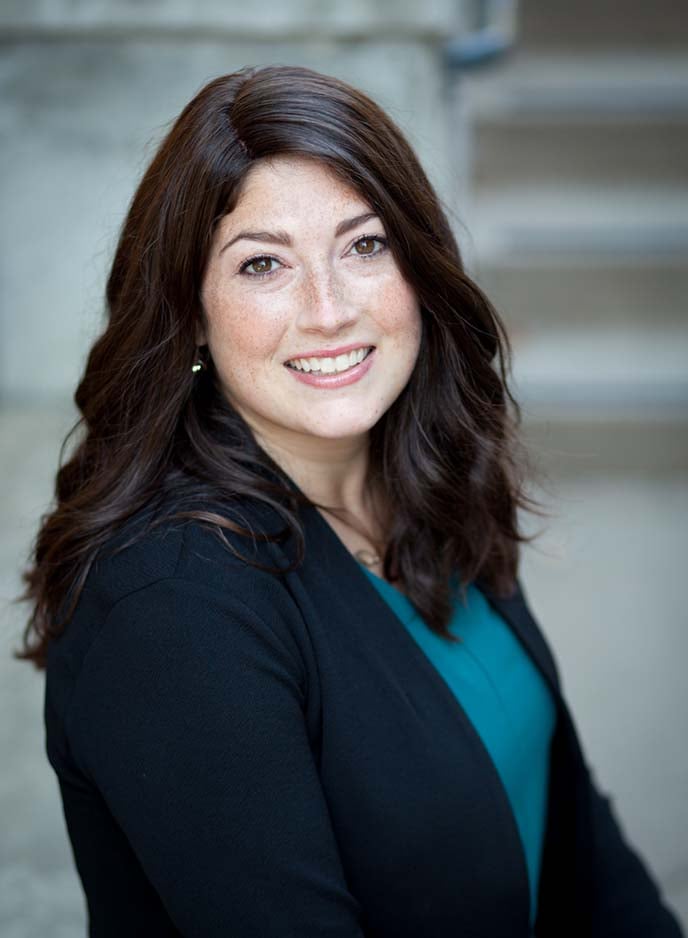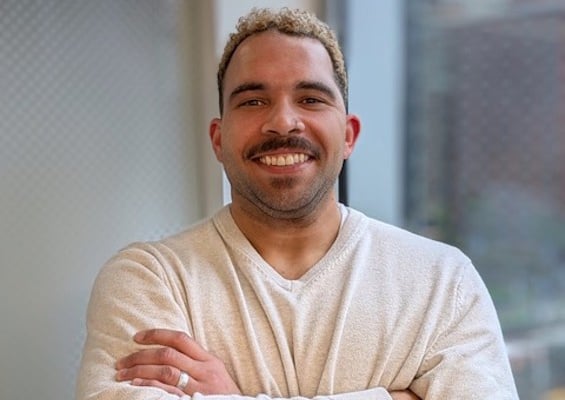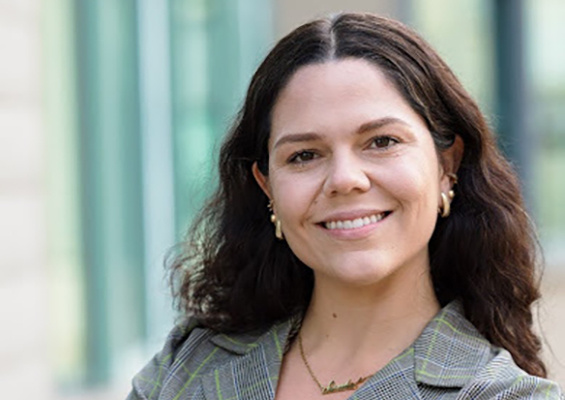I decided to make a career in education the day I met Efia, in the summer before my final year of college. She was eight years old and had spent her entire life at Buduburam Refugee Camp outside of Accra, Ghana. One of seven children, Efia was the only one who attended school. Tuition was twelve dollars and her family could afford to send only one child. A few of her siblings had been ruled out due to poor eyesight or a limp, so the choice came down to Efia and her sister Dofi. A flip of a coin determined that Efia would go to school and Dofi would break rocks at the quarry to pay Efia’s tuition.
Whether in Ghana or the US, I believe a child’s access to quality education should not be left to chance or determined by their zip code. For nine years, I worked in organizations that shared these beliefs. The problem was that they lacked the management capacity to navigate their toughest business challenges and achieve scale. Over time, I became convinced that to become a social-sector leader who could lead large-scale reform, I needed to complement my education industry experience with robust business skills.
Deciding on business school
Having been an interdisciplinary studies major in undergrad, I wholeheartedly believe that many of the challenges facing non-profits are best addressed through cross-sector creative problem-solving. But I had a problem: I’d never taken a single business course and, almost a decade into my career, it was unlikely that I could organically make the jump to a business function on my own. I knew I needed an MBA to make that transition. Choosing Haas was easy—the values-driven culture and tight-knit community hooked me right away.
My interest in consulting
Once I decided to go to business school, I immediately locked in on consulting as my next career move. Consulting is unique in that it provides a different work experience with each project. I could work on a turnaround for a failing energy company and, in my next project, develop a marketing campaign for a clothing brand. As someone new to the private sector, I was drawn to this opportunity to get the most business exposure across industries and functions in the shortest amount of time.
Landing an internship
Though I was certain I wanted to work in consulting, I was apprehensive about my prospects. With no formal business training, I was concerned that I would be ill-prepared for case interviews and, more importantly, that firms would be skeptical of my background. An important part of my internship search, therefore, was seeking out peers whose journey mirrored my own in some way. That wasn’t hard at Haas: from military veterans to fellow Teach For America alumni like myself, I found many classmates who had made similar transitions and were full of advice and encouragement to navigate my own search. As it turns out, my “non-traditional” background wasn’t that non-traditional after all: Consulting firms are full of Peace Corps volunteers, former pro athletes, and even concert timpanists.
Case prep was tough. I had never even heard of a contribution margin. I had no clue how to segment the automobile market. I hadn’t done “public math” since high school. One again, Haasies were here to help me. Through the constant support of my classmates, I logged 50+ practice cases, which helped me feel prepared to go into my consulting interviews.
All that preparation led me to an internship with McKinsey & Company after my first year. My first study of the summer involved preparing a biotech company to launch a breakthrough cancer therapy. This study totally changed how I viewed my time in consulting. Before, I had thought I would sacrifice my sense of impact in the service of gaining new skills and credibility in the private sector. But my summer left me feeling quite inspired by the opportunities for impact within consulting, and made it an easy decision for me to accept a full-time offer with McKinsey after graduation.
What’s next?
I’m often asked how long I’ll stay in consulting. Truthfully, I don’t know where I’ll be in five or ten years or in what role, but I do know the set of experiences I’d like to have collected—across a variety of public and private sectors and a range of functional experience from strategy to operations to finance.
My long-term goal is to take this collection of experiences and apply them back to the social sector, where I’d like to do non-profit mergers and acquisitions. Never heard of it? That’s because the nonprofit M&A industry doesn’t really exist today. I’d like to change that. With over 1.5 million nonprofits in the US alone, the sector is highly fragmented and resource inefficient, leading to very limited impact. I see M&A as an effective growth strategy for nonprofits seeking to improve their effectiveness, spread best practices, expand their reach all while making better use of scarce financial resources.
Armed with my business school and consulting skill-set, I’d like to shape and grow this nascent industry.
Related posts
- MBA Student Perspective: How I'm Leaning in to Become One of the 7% of Women in Venture Capital
- MBA Student Perspective: Finding My Voice as a Nontraditional Student
- MBA Student Perspective: Sharing Haas With a Partner
- MBA Student Perspective: Choosing a Graduate Degree to Maximize My Social Impact
- MBA Student Perspective: "I Am From Saudi Arabia and I Am a Feminist"









